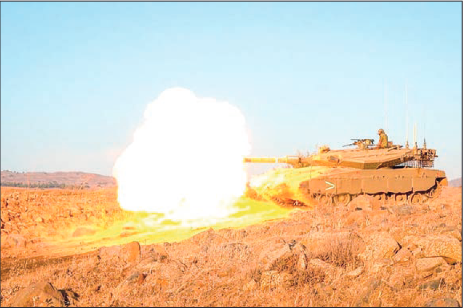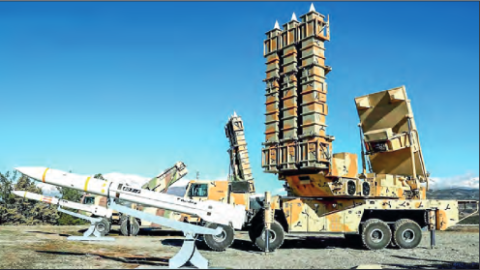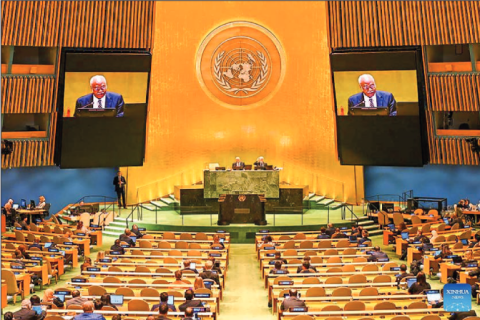THE Israeli army said it launched a ground offensive in Lebanon and that its forces engaged in clashes Tuesday, further escalating the conflict after a week of intense air strikes that killed hundreds.
The UN peacekeeping mission in Lebanon said, however, the Israeli operation did not amount to a “ground incursion” and while Hezbollah denied any troops had crossed the border, an Israeli security official said localized raids had taken place and they were limited in scope.
There was no way to immediately verify the claims, which came as Israel targeted south Beirut, Damascus and Gaza, despite international calls for restraint to avoid a regional conflagration.
Israeli Defence Minister Yoav Gallant warned the fight was far from over, even after a massive strike on Beirut killed Hezbollah chief Hassan Nasrallah on Friday. His death dealt a heavy blow to the Iran-backed group.
The Israeli military said its forces, backed by air strikes and artillery, carried out “limited, localized, targeted operations” in Lebanon. — AFP
Source- The Global New Light Of Myanmar




